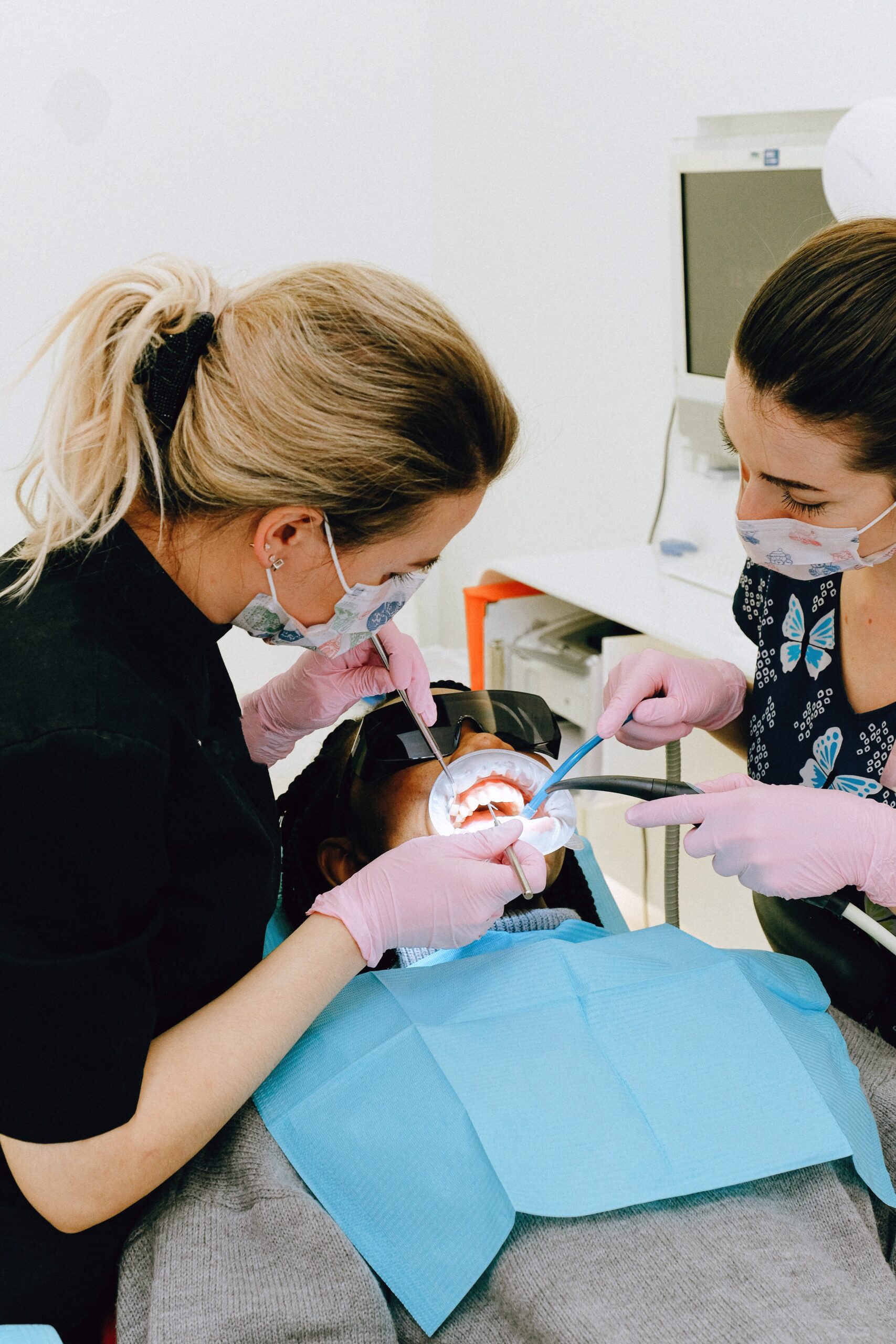How To Overcome Dental Anxiety
Sweaty palms, rapid breathing, and tightening in the chest at the thought of going to the dentist are symptoms of dental anxiety. This type of anxiety can come from various places like negative past dental experiences and panic at a loss of control. However, anxiety doesn’t have to, nor should it, keep you from getting proper dental care. Preparation and good communication with your dentist and the dental staff can reduce anxiety so you can get the care you need.
1. Visit the Office Before Your Appointment
Visit the dental office and talk to the staff a day or two before your appointment. A sense of familiarity can help you know what to expect and relieve your nerves. Talk to the staff about your procedure, including what to expect and who to contact if you have concerns afterward.
2. Calm Yourself Before Your Appointment
Before arriving at your appointment, take some time to relax by:
- Meditating for 10 to 15 minutes the morning of the procedure.
- Create a calming playlist to listen to during the appointment.
- Bring a book to read in the waiting room.
If you can start from a place of calm, it can help keep anxiety at manageable levels throughout your visit.
3. Tell Your Dentist About Your Fears and Concerns
Let your dentist know about your fear, anxiety, and concerns. Your dentist cares about your oral health and comfort. He may have strategies or ways to help with your specific fears. Nitrous oxide (laughing gas) might be an option if you’re nervous about shots or pain. Depending on the procedure, the dentist may offer sedation. The takeaway is that if the dentist knows about your fear, he can work with you to provide the care you need in a supportive environment.
4. Leave Past Experiences in the Past
Anxiety can often stem from negative dental experiences in the past. Unfortunately, bad experiences happen. However, they do not mean that present and future trips to the dentist will be equally negative. Talk to your dentist about what happened and why you’re nervous in the present. You can work together to address past problems. Maybe you need to go over the procedure again or have a chance to see the procedure room before beginning. Sometimes just knowing that the dentist is aware and working to calm your fear can be enough to reduce anxiety.
5. Raise a Hand
For some people, sitting in the dentist’s chair almost feels claustrophobic. Anxiety can come from a sense of losing control. This is another time to talk to the dental staff and dentist. Arrange a signal like raising your hand so you can let them know if you’re starting to feel too much pain or panicked. They can take a short break and reassure you about the procedure. For many people, that short break restores a sense of control.
6. Discuss Costs Before the Appointment
Anxiety may not surround the dental procedure. The cost of a dental bill can trigger anxiety long before the procedure takes place. If you don’t have insurance (and even if you do), discuss costs with the dentist’s billing office before your procedure. This gives you a chance to find out how much your insurance will cover and what you’ll owe. It also lets you make financial arrangements before committing to the procedure. Simply knowing how much the procedure will cost can greatly reduce general anxiety.
7. Let Go of Embarrassment
Decay or tooth loss can cause embarrassment or self-consciousness that triggers dental anxiety. Dentists and oral surgeons work inside people’s mouths every day. They’re used to the sights, sounds, and smells that go along with their work. Chances are they’ve seen a condition just like yours before, if not worse. Their goal is to help you, not judge you.
Give Yourself Understanding and Dental Anxiety the Boot
Good communication with your dental team is key to controlling your fear. But remember, it’s natural and normal to feel anxiety in unknown situations. At Good Samaritan Dental Implant Institute, we put our patients first. If you have concerns about dental implants, including whether they are a good solution for you, we can help. We’re here to answer questions and look for solutions. Contact us at 561-833-6880 to schedule a free consultation.


